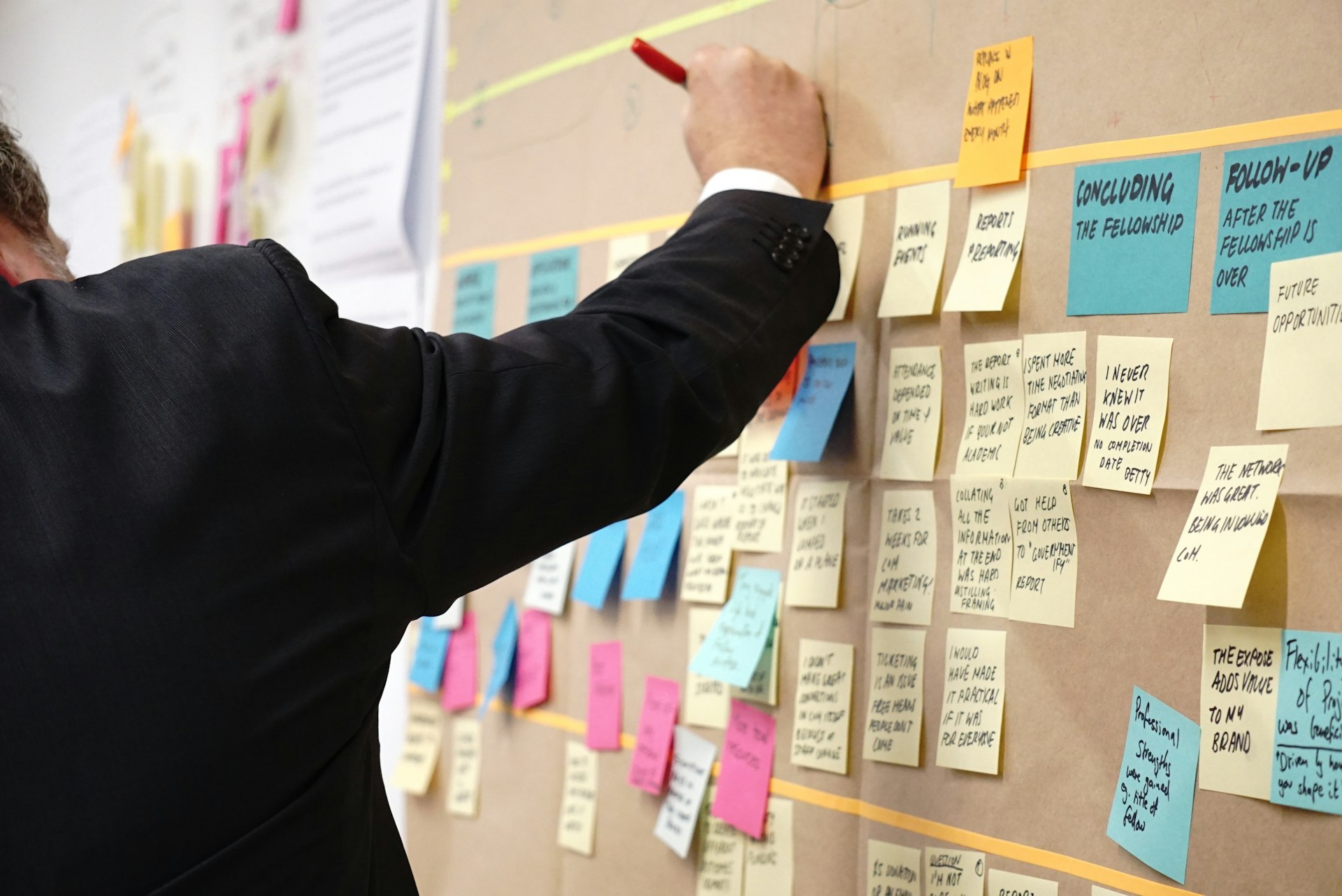Unlocking Performance: The Critical Role of Mental Health in Elite Athletes

Photo by Quino Al on Unsplash
Introduction
Elite athletes are often celebrated for their extraordinary physical abilities, but their psychological resilience and mental health are equally vital to success. Recent research and real-world examples show that mental health plays a critical role in performance, career longevity, and overall well-being for athletes at the highest level. Understanding and supporting mental health is essential for athletes, coaches, and organizations seeking sustainable success.
The Scope of Mental Health Challenges in Elite Athletes
Elite athletes face unique stressors-intense competition, high expectations, injuries, and public scrutiny-that can increase vulnerability to mental health concerns. Contrary to popular belief, studies indicate that elite athletes experience rates of high-prevalence mental disorders such as anxiety and depression comparable to the general population [1] [2] . A 2019 study found that around 35% of elite athletes report mental health concerns, including burnout, depression, and anxiety [3] .
Burnout, in particular, is increasingly common and linked to both negative mental health outcomes (depression, anxiety, insomnia) and a decrease in positive outcomes (life satisfaction, vitality). Physical health impacts are also possible, though evidence is mixed [4] . The interplay between sporting factors (injury, overtraining, pressure to perform) and non-sporting factors (personal life, public exposure) further complicates the mental health landscape for these athletes [1] .
Factors Influencing Mental Health in Elite Athletes
Several interrelated factors contribute to the mental health of elite athletes:
- Performance Pressure: The relentless pursuit of perfection, expectations from coaches, teams, media, and fans can provoke chronic stress and anxiety.
- Injury and Recovery: Injuries disrupt not only training and competition schedules but also self-identity and motivation, potentially leading to depressive symptoms.
- Life Balance: Balancing personal lives, education, and athletic commitments can be overwhelming, especially for student-athletes and those with families.
- Transition and Retirement: Ending a sports career, whether planned or abrupt, often brings identity and adjustment challenges.
These factors can interact and compound each other, making mental health support both complex and essential [3] .
Practical Strategies for Supporting Mental Health
Addressing mental health in elite athletes requires a multi-layered approach:
1. Early Identification and Assessment
Routine mental health screenings, integrated with physical health assessments, help identify issues early. Coaches, trainers, and sports psychologists should be trained to recognize warning signs of burnout, depression, and anxiety. While many organizations are adopting these practices, standardized assessments and definitions are still evolving in sport psychology literature [5] .

Photo by Braden Collum on Unsplash
2. Destigmatizing Mental Health Concerns
Stigma remains a major barrier-many athletes fear that acknowledging mental health struggles will be seen as weakness or jeopardize their career. Promoting open discussions, sharing athlete stories, and normalizing help-seeking can reduce stigma and encourage timely intervention [3] .
3. Access to Qualified Support
Access to sports psychologists, counselors, and peer support networks is critical. Some organizations now embed mental health professionals within teams, but availability varies widely. If you are an athlete, coach, or organization seeking support:
- Search for certified sports psychologists or mental health professionals through reputable associations such as the Association for Applied Sport Psychology or consult your national sports governing body.
- Contact your team or league’s welfare officer for guidance on accessing confidential support.
- For broader mental health resources, consider searching “athlete mental health programs” or consulting recognized medical organizations.
Always ensure that professionals are accredited and experienced in working with athlete populations.
4. Integrated Wellness Programs
Comprehensive wellness programs that address nutrition, sleep, stress management, and social support can build resilience and prevent issues from escalating. Implementing mental health education and coping skills training as part of regular team activities can foster a supportive culture.
5. Intervention and Treatment Options
Evidence on the effectiveness of psychotherapeutic interventions for athletes is still emerging, with most research focused on performance rather than clinical outcomes [5] . However, cognitive-behavioral therapy, mindfulness-based strategies, and peer support have shown promise in reducing symptoms of anxiety, depression, and burnout.
If you are seeking treatment:
- Consult with a licensed mental health professional familiar with athlete-specific challenges.
- Explore evidence-based interventions and request information about their applicability to your situation.
- Consider group therapy or peer-led support groups for shared experiences and encouragement.
For more information, contact your sports organization or national sports medicine association, which may offer directories of qualified providers.
Challenges and Solutions
Despite increasing awareness, several challenges remain:
- Lack of High-Quality Research: Most studies on athlete mental health are limited by methodological weaknesses, leading to inconsistent prevalence rates and intervention guidelines [1] .
- Resource Constraints: Not all teams or organizations have resources to provide mental health support, especially at the amateur or semi-professional level.
- Individual Variability: Differences in personality, coping style, and life circumstances mean that a one-size-fits-all approach is seldom effective.
Solutions include advocating for more funding and research, customizing interventions to individual needs, and encouraging collaboration between medical, psychological, and coaching staff.
Alternative Approaches
Although formal therapy and psychological support are central, alternative approaches can complement traditional care:
- Mindfulness and Meditation: Regular mindfulness practices can enhance focus, reduce stress, and improve emotional regulation.
- Peer Mentoring: Connecting with experienced athletes who have navigated mental health challenges can provide guidance and hope.
- Technology-Based Solutions: Confidential digital platforms and apps offer screening tools, self-help resources, and virtual counseling. Always verify the credentials and privacy policies of any digital service before use.
Steps to Access Mental Health Support
If you are an elite athlete, coach, or stakeholder seeking mental health resources, you can:
- Speak with your team’s medical or welfare officer to inquire about available mental health services.
- Search for accredited sports psychologists through national or international sports psychology associations.
- Contact your national sports federation for guidance on athlete wellness programs and available support.
- If immediate help is needed, seek confidential support from licensed mental health professionals in your community or through recognized healthcare organizations.
Remember, mental health is as vital as physical health for sustained elite performance. Comprehensive support structures and proactive measures can make a significant difference in the lives and careers of elite athletes.
References
[1] Gouttebarge, V., et al. (2016). The Mental Health of Elite Athletes: A Narrative Systematic Review.
[2] Gouttebarge, V., et al. (2016). The Mental Health of Elite Athletes: A Narrative Systematic Review.
[3] McLean Hospital (2024). Athletes and Mental Health: Pressure Behind the Performance.
[4] Lonsdale, C., et al. (2023). Mental and physical health outcomes of burnout in athletes.
[5] Ekelund, R., et al. (2022). Mental Health in Athletes: Where Are the Treatment Studies?



